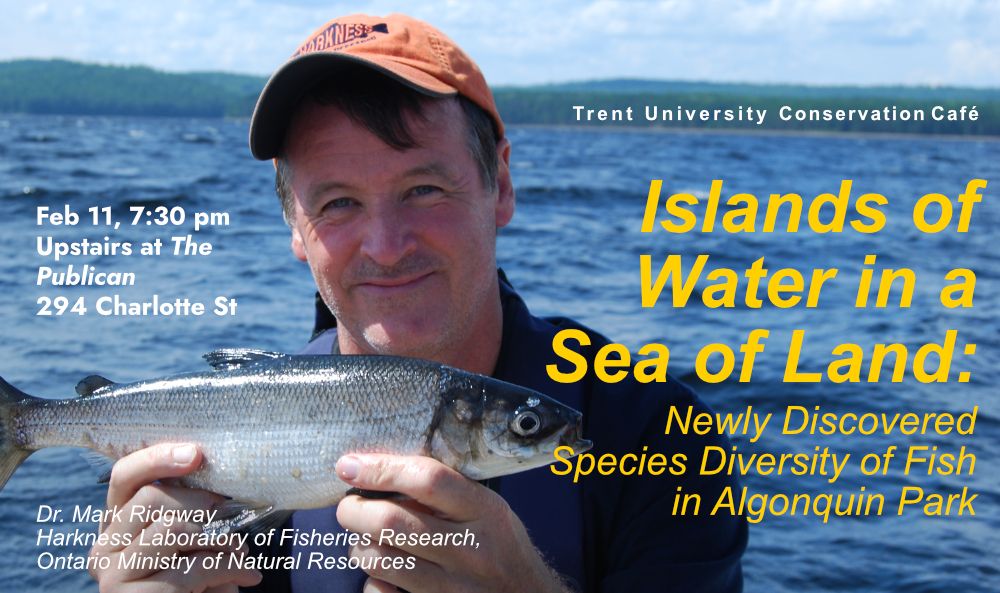Trent Centre for Communicating Conservation
@trentconservation.bsky.social
49 followers
17 following
24 posts
A group of conservation enthusiasts, working to celebrate and communicate the science of keeping our ecosystems and creatures around.
Posts
Media
Videos
Starter Packs








